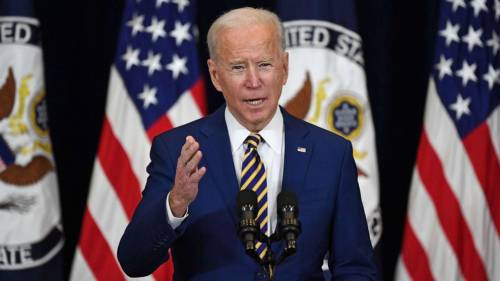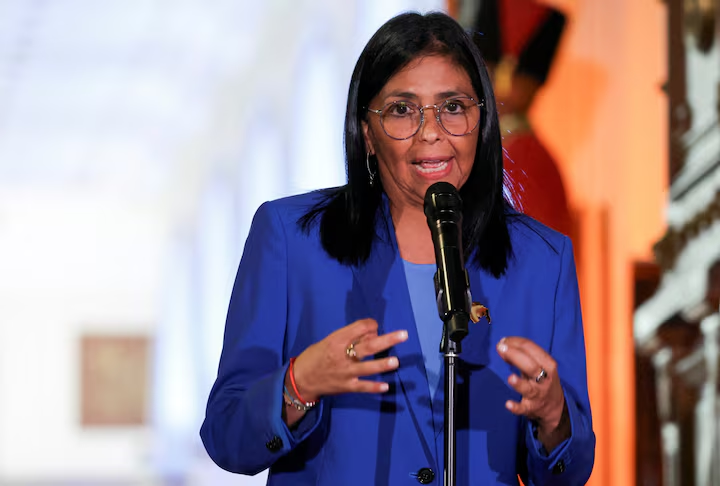
The Biden administration proposed increased fees for many employment-based visas while keeping prices for people applying to become U.S. citizens relatively static.
U.S. employers of foreign workers will pay more following the increased fees proposal made by President Joe Biden’s administration on Tuesday.
The Biden administration proposed increased fees for many employment-based visas while keeping prices for people applying to become U.S. citizens relatively static.
Los Angeles Times reports that the proposal pushes more of the cost of funding the agency that oversees the nation’s immigration system onto companies that employ foreign workers and ensure that asylum seekers continue to pay nothing to apply for protections in the U.S.
A senior policy analyst at the Migration Policy Institute, Julia Gelatt, was quoted as saying that the plan which also includes new fee exemptions for victims of human trafficking and other crimes, reflects the administration’s values.
Gelatt said that keeping fees for poor applicants at zero and fees for humanitarian visas and new citizens low indicates that the “administration is committed to facilitating legal pathways for migrants and eliminating barriers to immigration and citizenship, particularly for vulnerable migrants”.
She further noted that putting the burden of the largest fee increases on sponsors of temporary workers, by contrast, shows the “administration’s mixed feelings about the value of temporary work visas”.
U.S. Citizenship and Immigration Services, which is primarily funded by immigration-form fees, will formalize the plan by issuing a proposed rule Tuesday. The agency is required to review its fee structure every two years, but new fees haven’t been added since 2016, during the Barack Obama administration.
Former President Donald Trump’s administration tried to raise certain fees but was met with criticism from immigrant advocates and some politicians.
Trump wanted to dramatically increase prices for naturalization and for the first time ever sought $50 from people seeking asylum. The Trump proposal would have also ended many fee waivers for low-income applicants.
Los Angeles Times report noted that a federal court blocked the Trump plan in 2020.





